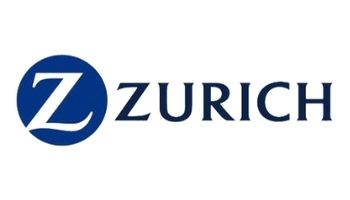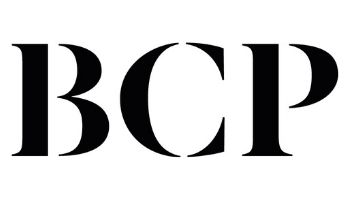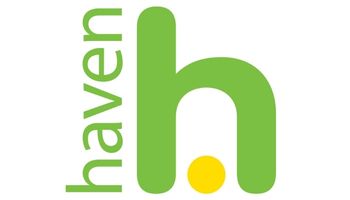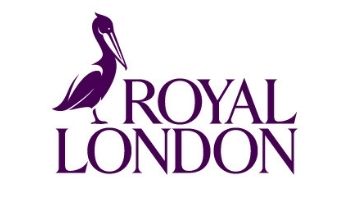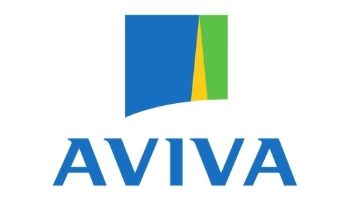Inheritance Tax
D Moloney Financial
Section 72 – Inheritance Tax Policy
Ask yourself this question, if you and your spouse were to die tomorrow and everything you own (including your home) was passed to your children, would they be faced with an inheritance tax liability and be forced to sell assets to pay Revenue?
There is a solution…
By taking out a Section 72 Inheritance Tax policy, you are making provision for the tax bill that may arise when your children inherit your estate. A Section 72 policy is a Life Insurance policy set up by parents under trust for their children.
The proceeds of the policy are exempt from Inheritance Tax because they are used to pay Inheritance Tax. The effect is that you have made provision for some or all of the tax liability.

D Moloney Financial
Inheritance And Gift Exemptions
The Capital Acquisition Tax rate is currently 33%, and the Annual Gift exemption is currently €3,000 per person p.a. to each beneficiary.
Group A
Each child is currently entitled to receive up to a maximum of €335,000 in respect of gifts or inheritances from their parents without incurring a tax liability.
Group B
Where the beneficiary is a lineal ancestor, descendant, brother, sister, or child of brother or sister, they may receive up to a current maximum of €32,500 without incurring a tax liability.
Group C
In all other cases (including that of common law spouses / co-habitants) the tax free threshold is currently set at €16,250.
D Moloney Financial
Planning for Gift Tax (Section 73)
Relief is given in Section 73 of Capital Acquisitions Tax (CAT) Consolidation Act 2003 to allow people to plan for the payment of gift tax (Section 73) in a tax efficient way. If a life assurance savings plan is put in place to provide for the ‘relevant’ tax, Revenue will not charge Capital Acquisitions Tax on the plan proceeds if the money is actually used to pay gift tax.
Revenue Restrictions And Requirements
Certain Revenue conditions must be met for the savings policy to qualify for relief under Section 73 Capital Acquisitions Tax Consolidation Act 2003.
- The policy must be expressly set up under Section 73 of Capital Acquisition Tax Consolidation Act 2003 for the purpose of paying gift tax
- Premiums must be paid continually for at least 8 years (premiums can be paid monthly, quarterly, half yearly or yearly).
- The policy must be in the name of one person (only a married couple or civil partners can have the policy in joint names).
- The policy owner(s) must pay the premiums.
- The maximum difference between the highest and lowest annual premium over the period is not more than 100%.
- If premiums are not paid for 1 year, no further premium may be added.
- If premiums stop for 1 year before the end of 8 continuous years, the relief can’t be applied.
- The proceeds must be used to pay gift tax due on a gift made within 1 year of the proceeds being paid.
The policy owner has 1 year from the date they withdraw the money from the policy to pay the gift tax due. After this date the relief will not apply.
Once all Revenue requirements are met, it means that if the money withdrawn from the policy is used to pay your beneficiary’s Gift Tax liability, it will not increase the overall gift tax liability.
We advise that you seek professional tax and legal advice as the information given is a guideline only and does not take into account your personal circumstances.
D Moloney Financial
We Only Work With Trusted Financial Service Providers
Here at D Moloney Financial Services we work with a wide variety of financial providers. This allows us find the best products and offerings for our clients at the best available prices on the market.
The information contained herein is based on our understanding of current Revenue practice as at July 2020 and may change in the future.


